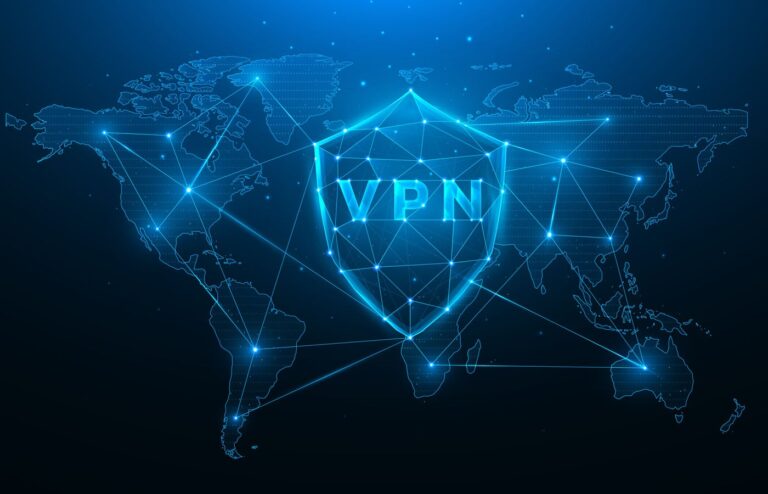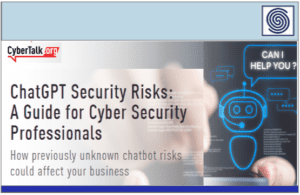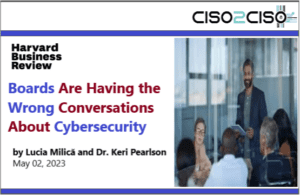Source: www.techrepublic.com – Author: Luis Millares
We may earn from vendors via affiliate links or sponsorships. This might affect product placement on our site, but not the content of our reviews. See our Terms of Use for details.
Our review methodology for virtual private networks involves comprehensive research, expert analysis and first-hand experience.
At TechRepublic, we aspire to provide our readers with a fair and honest assessment of virtual private networks they may invest in. To achieve this, we believe it’s important to share how we evaluate VPNs, what criteria are used to rate each aspect of a VPN and how it all adds up to our final star rating.
We use an in-house algorithm that’s built upon five main categories: pricing, core VPN features (e.g., encryption, server network), ease of use, customer support and expert analysis. Each category is then weighted to account for how important it is to our audience of technology buyers.
SEE: Brute Force and Dictionary Attacks: A Guide for IT Leaders (TechRepublic Premium)
While our algorithm is subject to change, these categories are the main pillars by which we assess each VPN. If you have differing opinions on our chosen criteria, we encourage you to use our methodology and reviews to inform your own evaluation of a particular VPN.
Below is the breakdown of how we review VPNs.
Pricing (20%)
Pricing accounts for 20% of our total score for VPNs. This category comprises subcriteria that include but are not limited to:
- Multiple subscription options.
- Accessible free trial.
- Option to use a free version.
- Pricing relative to the competition.
- Overall value for money.
Core VPN features (30%)
Core VPN features, such as servers and security protocols, account for 30% of our total score. This category consists of subcriteria that include but are not limited to:
- Security reputation and lack of data breaches.
- Encryption and VPN protocols.
- No-logs policy and independent audits.
- Server network (server count and country spread).
- VPN speed and performance.
- Ability to unblock geo-restricted content.
- Easy server switching.
- Split tunneling capabilities.
- Protection against DNS leaks.
- Built-in kill switch.
- Ad, tracker and malware blocking.
- Support and availability on multiple platforms.
Ease of use (15%)
Ease of use accounts for 15% of our total VPN score. This category comprises subcriteria that include but are not limited to:
- Intuitiveness of user interface.
- In-app design.
- Installation and setup difficulty.
- Ability to establish connections.
Customer support (30%)
Customer support accounts for 30% of our total VPN score. This category consists of subcriteria that include but are not limited to:
- Support options for customers (email, live chat, phone, etc).
- How quickly customers get a response after posing a question or issue.
- Availability of help resources such as guides, forums and tutorials.
Expert analysis (5%)
Expert analysis accounts for 5% of our total VPN score. This category consists of subcriteria that include but are not limited to:
- Personal experience with the product itself.
- Inclusion of features that set the VPN apart from other providers.
- Ease of research, which includes availability of demos, product documentation and other materials to verify information.
Our VPN evaluation research methods
To get a holistic view of each VPN we review, we prioritize analysis gained through in-house and hands-on user testing. We also supplement our findings through product demos, documentation and verified customer feedback on sites that include but are not limited to:
- Gartner Peer Insights.
- Community forums.
How do I choose the best VPN for my organization?
Choosing the best VPN for your business will largely depend on your organization’s particular circumstances and needs. While there isn’t one perfect solution, there are a few key things you can do to get the most out of a VPN subscription.
Maximize free trials and free plans
Look to see whether the VPN you’re interested in has an accessible free trial and/or free version. These let you test drive a particular provider’s flavor of VPN without having to commit to a monthly subscription or initial purchase.
Some VPNs also have money-back guarantees that let you refund an initial payment if you find that their software isn’t a good fit. VPN refund periods usually range from 14 to 45 days, giving users a long-enough time to try out a solution extensively.
Know how you’re going to use the VPN
Another important step is to figure out how your business is going to use a VPN. While all VPNs encrypt online traffic, some solutions place more priority on certain features over others. For example, certain VPNs have security as their number one priority, while others are built for streaming or traveling.
Knowing how your organization plans to use a VPN can help reduce the amount of research you need to do.
If you’re unsure about how a VPN can be integrated into your business, we recommend going through this list of articles (and the Also See section at the bottom):
- 4 Best Small Business VPNs
- 5 Best VPNs for Travel in 2024 (Free & Paid VPNs)
- 5 Best VPNs for Social Media in 2024 (Free & Paid VPNs)
- 6 Best VPNs for Gaming in 2024
Look into a VPN provider’s server fleet
VPNs are a great way to unblock geo-restricted content. The way they do that is through their server networks, with servers being spread out all over the world. While all VPNs have servers, not all have large server networks at their disposal.
Look for a provider that provides at least 2,000 to 4,000 servers in its network. If your main use case with a VPN is to unblock region-locked content, the more servers, the better your chances of unblocking.
Another important consideration is server locations. If you have a specific region that you need to unblock content from, it’s a good idea to check whether your VPN of choice has a server in that area. Luckily, most VPNs provide a publicly available list of their servers and their corresponding locations.
Consider cost and devices to be used
This may be a no-brainer but consider cost and whether a VPN fits your organization’s budget. Fortunately, most VPN providers offer a variety of subscription options and contract lengths to accommodate a range of budgets.
Another crucial factor is the number of devices you want connected to a VPN. Not all VPNs have unlimited simultaneous device connections, so make sure you choose a provider that can protect all the devices at your disposal.
Finally, don’t skimp on security
VPNs encrypt your browsing data and keep your online activity secure — at least they should. Look for VPNs that have no-logs policies and are independently audited. “No-logs” policies are claims from VPN providers that state they don’t log or record user data.
While any VPN provider can say they don’t log data, a quality solution would have a no-logs policy that’s backed by third-party testing or an independent audit. This provides an additional layer of confidence that your data isn’t being sold off or given to the wrong hands. If you want to learn more, we have a round-up of the best no-logs VPNs in 2024 you can check out.
It’s also a good rule of thumb to check whether a particular VPN has been involved in any data breach or zero-day vulnerability. Case in point, Ivanti Secure VPN recently had five new zero-day vulnerabilities in 2024, leading to thousands of online devices at risk of being exploited.
Check out our reviews or do a quick Google search of the VPN you’re interested in and see whether there’s any news or history of security breaches.
Also Read
Original Post URL: https://www.techrepublic.com/article/vpn-review-methodology/
Category & Tags: Cloud Security,Security,VPNs – Cloud Security,Security,VPNs




















































